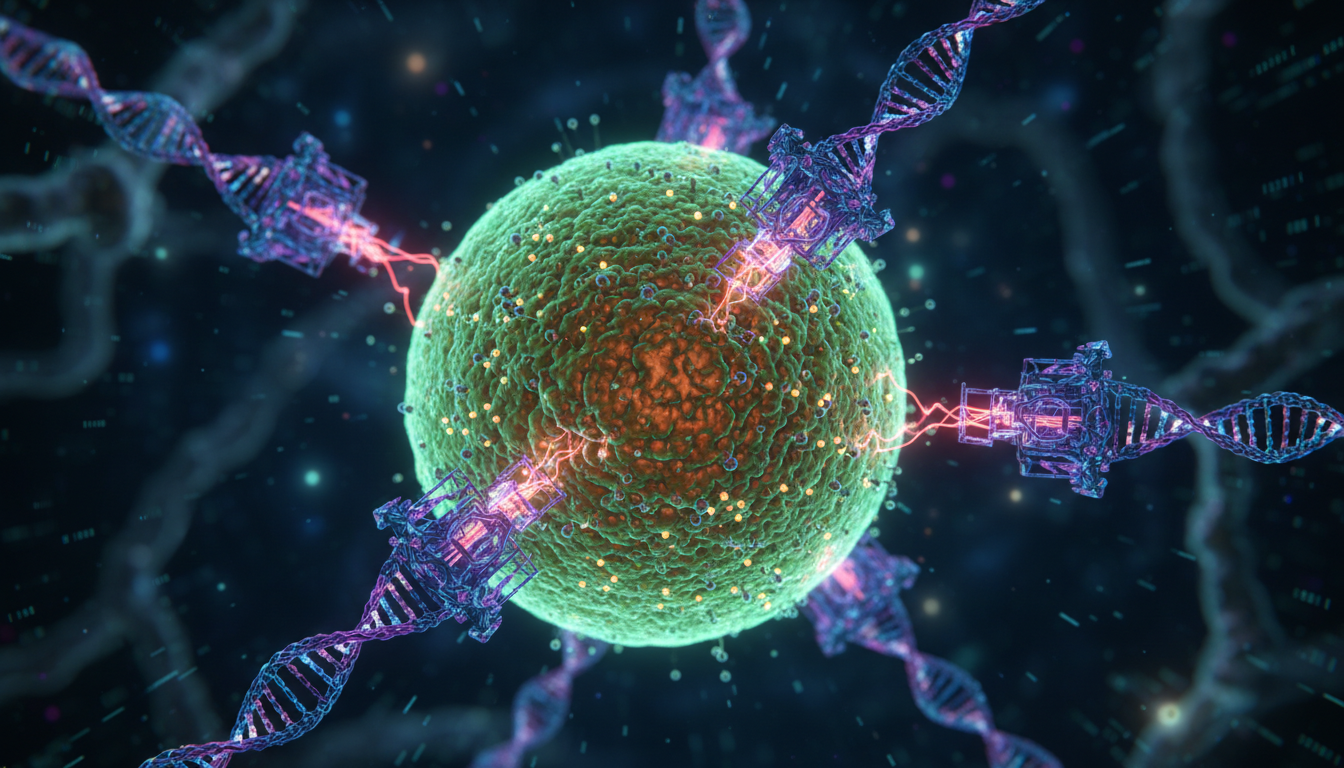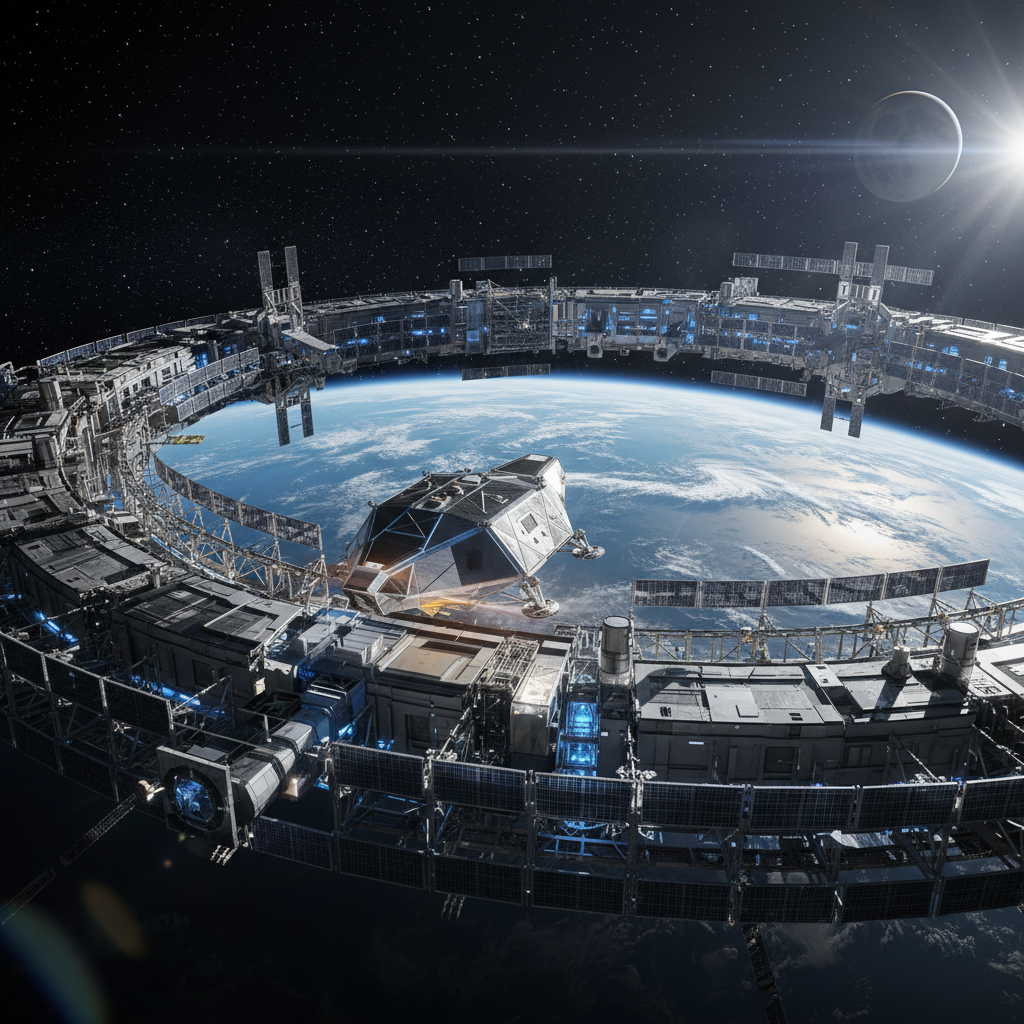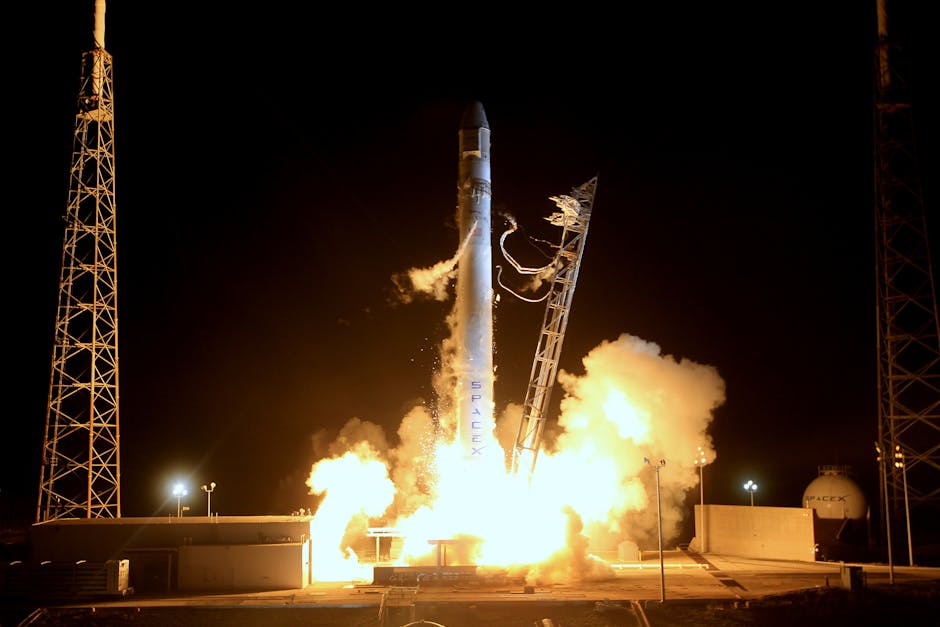[ez-toc]
The Cosmic Catalyst: How a Giant Meteorite Might Have Sparked Life on Earth
We often think of asteroid impacts as catastrophic events, like the one that wiped out the dinosaurs. But what if a cosmic collision could also be a catalyst for life? A recent study suggests that a massive meteorite, named S2, might have played a crucial role in the emergence of life on Earth. This behemoth, four times the size of Mount Everest, struck our planet 3.26 billion years ago, triggering a cascade of dramatic environmental changes.
The impact unleashed a torrent of energy, boiling the oceans, generating a record-breaking tsunami, and superheating the atmosphere. However, this seemingly destructive event may have also unleashed vital nutrients from the deep, potentially providing the spark for early life to flourish.
We also Published
- Mars: A History of Harsh Environments - Martian Habitability
New findings from NASA's Curiosity rover suggest Mars may have had fleeting periods of potential habitability, but these were likely interrupted by harsh environmental conditions. - SpaceX Dragon's Propulsive Landing: A Backup for Safe Return
SpaceX's Dragon spacecraft, now equipped with a propulsive landing system, offers a backup plan for astronauts' safe return to Earth in case of parachute failure. Learn more about this innovative technology and its significance in space travel. - Periodic Table: Lectures on Basics - Elements, Groups, & Periods
Discover the periodic table's structure, significance, and how it organizes elements based on their properties.
A Deep-Sea Stirring
Scientists have long known that the Earth's oceans contain a wealth of essential nutrients, but these are often locked away in the deep, beyond reach of shallow-water organisms. The impact of S2, however, might have stirred these depths like a cosmic whisk.
Exploring the Evidence
Researchers journeyed to the Barberton Greenstone Belt in South Africa, a region that preserves traces of this ancient impact. They collected and analyzed 220 pounds of rock, revealing that the colossal tsunami generated by the impact mixed the ocean layers.
This mixing brought deep-sea nutrients, like iron and phosphorus, to the surface, enriching the coastal areas. Iron, a crucial element for the formation of essential proteins, flooded the shallow waters, potentially providing a rich feast for early organisms.
A Catastrophe Turned Catalyst
While the impact was undoubtedly destructive, the study suggests that it may have also created conditions that accelerated life's evolution. The dramatic shift in nutrients and environmental conditions could have provided a unique opportunity for early life to adapt and flourish.
A New Perspective on Cosmic Impacts
"We often view asteroid strikes as purely destructive," says Harvard University geologist Nadja Drabon, lead author of the study. "But this event likely provided the right conditions for early life to flourish."
The study highlights the possibility that giant meteorites, often seen as harbingers of devastation, might have also played a crucial role in the development of life on Earth. This idea challenges our traditional understanding of cosmic impacts and suggests that even in the face of immense destruction, there can be a spark of creation.
The Impact's Legacy
The S2 meteorite impact provides a fascinating glimpse into the complex and often paradoxical nature of Earth's history. It reminds us that even seemingly catastrophic events can have unexpected consequences, shaping the course of life on our planet.
The study is a powerful reminder that the universe is a dynamic and interconnected place. The very forces that can cause devastation can also, in a surprising twist, foster the rise of life itself.
RESOURCES
- Colossal Meteorite Impact 3 Billion Years Ago May Have ...
- A giant meteorite boiled the oceans 3.2 billion years ago. ...
- Meteorites, Impacts, & Mass Extinction
- What happened when giant S2 meteor hit Earth 3 billion ...
- The impact of a meteorite larger than four Everests gave ...
- An Ancient Asteroid Impact Both Harmed and Helped Life
- Giant meteorite impact 3.26 billion years ago may have ...
- Site of asteroid impact changed the history of life on Earth
- Humanity extinction by asteroid impact
- Mega meteorite tore up seabed and boiled Earth's oceans
- Meteor impacts may have sparked life on Earth








0 Comments